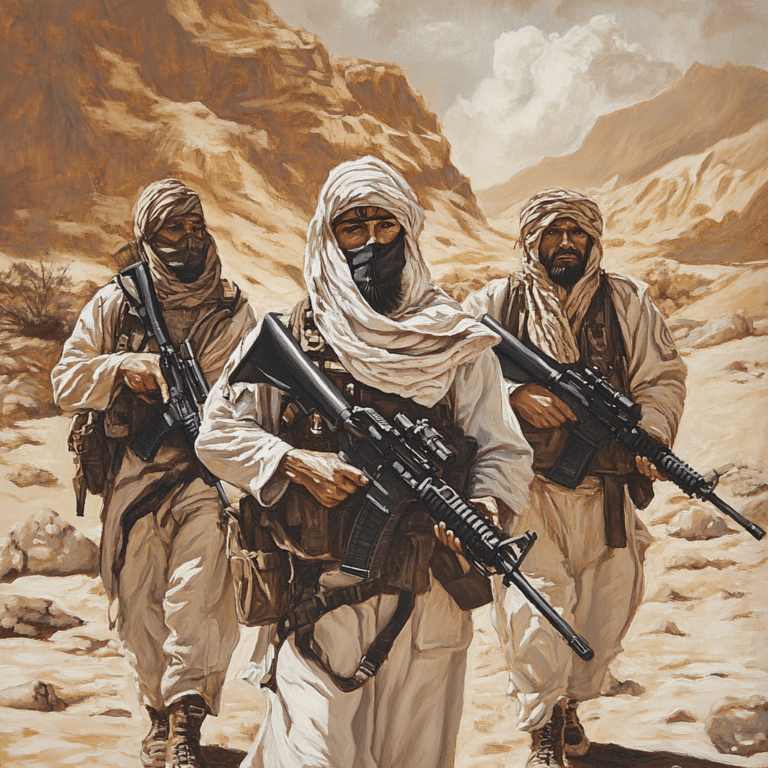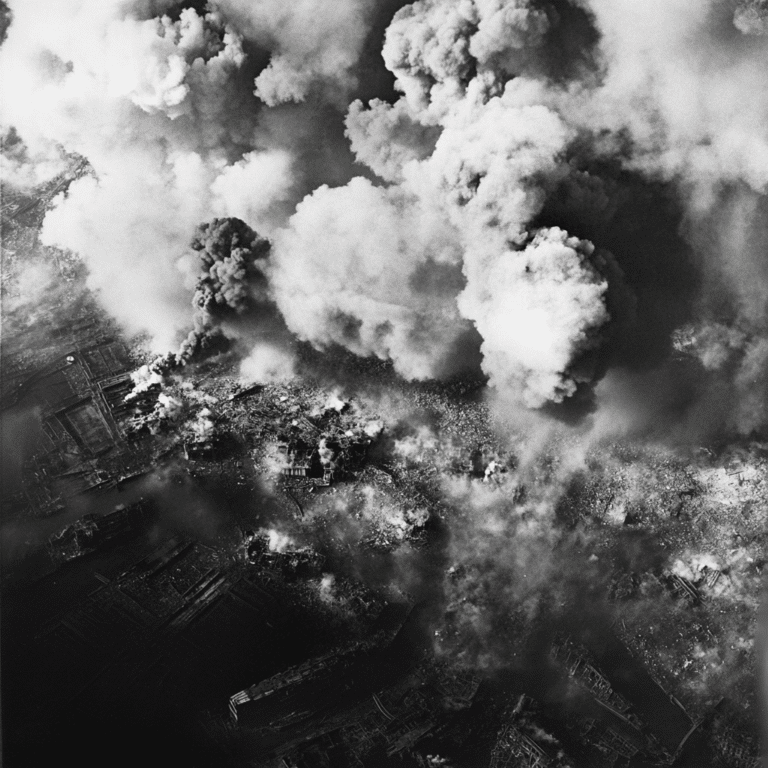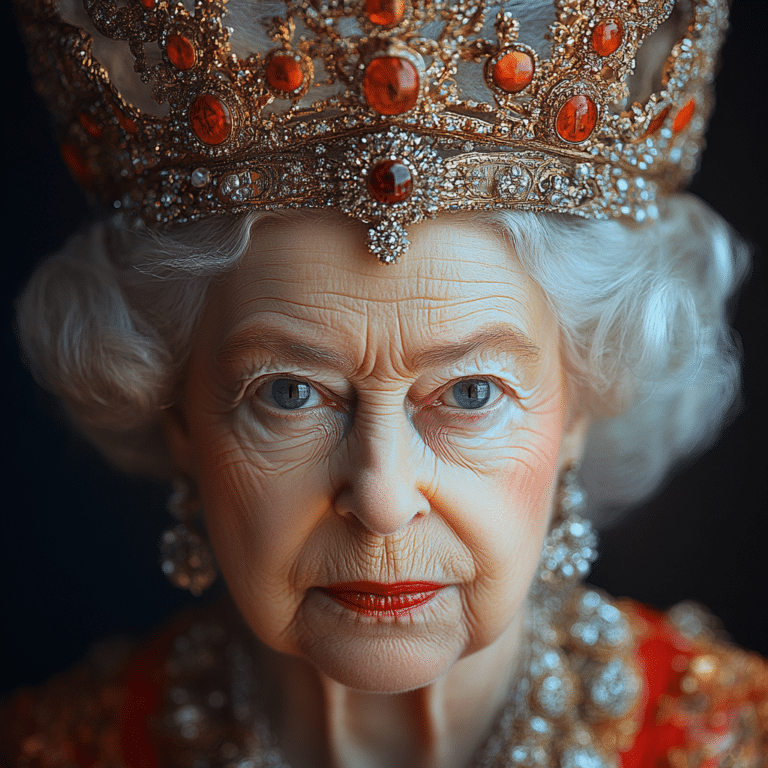The Allegations of Palestinian Genocide: A Critical Examination
There’s been a relentless drumbeat in the mainstream media, painting a grim portrait and slinging around a term that should make one’s blood run cold: “Palestinian genocide.” It’s splashed across headlines, echoed in the halls of the United Nations, and brandished like a flag of war by activists. But let’s pump the brakes and critically analyze what we’re dealing with here. Are we staring down the barrel of a bona fide genocide as laid out by international law, or is this a case of a politically charged term being twisted for convenience?
After combing through the legal jargon and pounding the dusty tomes, it becomes apparent that ‘genocide’ is a term that’s slipping and sliding away from its original, chilling contours. The ranks of the Genocide Convention and the Rome Statute of the International Criminal Court are clear as day – we’re talking about the intent to destroy, in whole or in part, a national, ethnic, racial, or religious group. Yet, the allegations we often witness are not so much planted in evidence as they are rooted in political agendas.
Historical Context: Understanding the Israeli-Palestinian Conflict
If we’re going to unpack this suitcase, we need to take a trip down memory lane, to the early stirrings of the 20th century. The Israeli-Palestinian conflict is a quagmire that has seen the rise and fall of empires, the drawing of borders with the heavy hands of outsiders, and the birth of a nation in the backdrop of historical promises and holocaust shadows.
It’s a saga of shifting sands where complexity is king. The narratives burning the midnight oil in the minds of journalists are aplenty—ranged on a spectrum from harrowing tales of Arab victimization to Zionist conspiracies. What these perspectives underscore is that this isn’t a cut-and-dry narrative of good vs. evil, but rather a layered, multidimensional chess match that hangs on the balances of history and power.

| Year | Incidents | Palestinian Fatalities | Palestinian Injuries | Israeli Fatalities | Israeli Injuries | Displacements | UN Resolutions/International Responses |
| 1948 | Arab-Israeli War (Nakba) | Estimated 15,000 | Unknown | 6,373 (including 4,000 soldiers) | Unknown | Approx. 700,000 Palestinians displaced | UN Resolution 194; Establishment of UNRWA |
| 1967 | Six-Day War | Estimated 15,000 | Unknown | 776 (including 677 soldiers) | Unknown | Approx. 300,000 Palestinians displaced | UN Security Council Resolution 242 |
| 1987-1993 | First Intifada | Around 1,200 | Approx. 120,000 | 160 | Approx. 1,400 | Not Applicable | Madrid Conference (1991); Oslo Accords (1993) |
| 2000-2005 | Second Intifada | Around 3,000 | Approx. 30,000 | 1,000 | Approx. 7,000 | Not Applicable | Roadmap for peace introduced by the Quartet |
| 2005 | Gaza Disengagement | Not Applicable | Not Applicable | Not Applicable | Not Applicable | All Israeli settlers (approx. 8,000) removed from Gaza | International support and criticism |
| 2007-2021 | Gaza–Israel Conflict | Estimated over 3,800 | Estimated 18,000 | 80 | Approx. 2,000 | Periodic internal displacements | Multiple UN Human Rights Council resolutions; International calls for ceasefires |
| 2020-2021 | Expansion of Israeli settlements | Not a single event | Varies by incident | Varies by incident | Varies by incident | Over 500 Palestinian homes demolished in 2020 | UN and EU condemnations; International Court of Justice advisory opinion pending |
Dissecting the Palestinian Genocide Narrative
To drill down into the “Palestinian genocide” storyline, let’s don our lab coats and look at the hard data. Palestinian population growth is ticking upwards, not spiraling downwards as one might expect in a genocidal spree. Social indicators are mixed bags of success and struggles, reflective of the intricate tapestry that is their socio-political landscape.
Slamming these figures up against historical genocides that have scorched the pages of our history books reveals a glaring mismatch. From the Armenians to the Tutsis, genocide has carved a path of unmistakable devastation, a far cry from the complexity and resilience we observe within Palestinian communities.
And what if we tuned into the frequencies that crackle within the Palestinian society itself? Dissenting opinions stir the pot, as some within these communities shy away from and outright reject the “genocide” label, underscoring a diversity of thought that often gets muffled.
Human Rights Reports and Scholarly Perspectives on Palestinian Genocide
Human rights watchdogs bark loudly, citing report after report as a testament to the reality on the ground. Yet, in the age of fake news and clickbait, it’s our due diligence to whip out the magnifying glass and bear witness to the making of these claims. Is there a tilt in the scales, a bias that colours the narrative?
Scholarly opinions are just as divided as the lands in question, with some voices resonating against the walls built on the term “genocide”, and others who paint every Israeli checkpoint with that very same broad brushstroke. Muddying the waters is the fact that these scholarly debates are often marred with ideological colors, making objectivity a prize worth its weight in gold.

Media Representation of the Conflict and the Palestinian Genocide Claim
The lens through which we view the Israeli-Palestinian theatre is often fogged by our media consumption. Western media have their own acts to play, stories to sell. But what happens when the conservative and alternative media ask the hard questions and demand proof in pudding form?
More often than not, the media moguls must sit in the correction chair and face the music when their completed jigsaw puzzles of narratives miss pivotal pieces of the truth. Examples of such recalibrations are necessary showcases of media responsibility, or the lack thereof.
The Broader Geopolitical Implications of a Misused Term
Slapping the label of “genocide” on the troubled yet still-thumping heart of the Israeli-Palestinian conflict sends shockwaves across the global political landscape. This isn’t just about Israel’s reputation taking a hit; it’s about regional chess pieces being moved with diplomatic sleight of hand.
Middle Eastern nations, each with their games to play, and towering superpowers grip this term like a geopolitical trump card. The domino effect is clear; misusing “genocide” is like playing with fire, disrupting Israeli-Palestinian relations and torching paths to peace.
Voices from Israel: How Accusations of Genocide Impact Israeli Society
Cries of “genocide” find their echoes in the sunbaked streets of Israel, where citizens of every stripe – from the left-wing doves to the right-wing hawks – muster responses to these grave accusations. And the consequences? They’re writ large across Israel’s civic landscape, shaping their discourse, stoking their security woes, and stenciling their global imprints.
To ward off these claims, Israel orchestrates a symphony of strategies, from advocacy to litigation, to silence the cacophony of condemnation and reclaim their standing on the international stage.
Palestinians Speaking Out: Varied Perspectives and Untold Stories
Amongst the rubble and dust, there stand Palestinians who walk off the beaten path of the genocide narrative. Voices that have shouted against the prevailing winds of the victimhood storyline, offering a rare peep into the kaleidoscope of opinions within their ranks.
It’s a refreshing antidote to the mono-narrative—a society where some choose collaboration over calamity and peace over perpetual plight. They champion initiatives and olive branches that clear the air for a hopeful future of coexistence.
Reality on the Ground: The Humanitarian Aspect
The Palestinian territories, like any canvas marked by conflict, are painted with a humanitarian hue that fluctuates between triumph and trauma. Healthcare, education, and the scaffolds of society receive the baton of support from an international community committed, at least on paper, to the Palestinian cause.
However, the effectiveness of these global goodwill gestures hovers in a cloud of question marks over the heads of governing bodies. Addressing these humanitarian challenges is not just about cutting a check – it’s about ensuring accountability and proper management within the Palestinian authorities themselves.
The Way Forward: Paths to Peace and Reconciliation
Veering from the present toward the horizons of tomorrow, we’ve seen peace initiatives of every ilk—dialogues drenched in hope and accords adorned with Nobel prizes. What history has taught us is that the road to peace is a perilous one, beset with pitfalls that have unraveled even the most promising plans.
The international community, playing the role of arbiter and architect, has much to ponder in crafting solutions that not only stand the test of time but also serve the interests of every heart beating in that contested land. In clearing these paths to peace, we must walk the walk with cross-cultural understanding and lean into dialogues that bridge rather than divide.
Conclusion: Seeking Truth and Fostering Peace
As the final words of this narrative tapestry fall into place, let’s circle back to what matters most: truth and a genuine pursuit of peace. The echoes of our review reflect the imperative of untangling fact from fiction and shedding light on a conflict too often left in the shadows of oversimplification.
To foster an atmosphere ripe for reconciliation, we must call upon our leaders, our media, and ourselves to engage with this issue wielding the twin swords of critical thinking and compassion. When perspectives are variegated rather than monochromatic, we grant ourselves the grace to see the humanity on both sides of any divide.
In this pursuit, The Conservative Today news, akin to voices ranging from Fox News to the National Review, strikes a chord with readers who crave depth and discernment in their discourse. We encourage you to continue this conversation with openness, leaving behind the tidings of misused terms, for they serve no one in the long run. Let us be the generation that moves towards a more peaceful, understanding, and interconnected world.
Examining the Narrative: The Palestinian Genocide
When it comes to digging into the depths of the Middle East conflict, the term “Palestinian genocide” often triggers a whirlwind of emotions and debate. Unearthing facts amidst the heated rhetoric is like finding a needle in a haystack – tricky but not impossible. So, let’s jump right in and sift through some engaging fun trivia and interesting facts on this contentious topic.
Did You Know? The Struggle Over Land
Alright, folks, let’s kick things off with a quick history catch-up! Picture this: the land, now caught in the ceaseless tussle between Israeli and Palestinian claims, has seen a proverbial tug-of-war for longer than Judge Judy’s bench has dished out justice to the small-screen courtroom. Yep, while checking out those judge Judy full Episodes, consider that the region’s disputes are almost as dramatic and enduring!
Population Numbers Game
So, you know how age-defying celebrities swear by their anti aging cream? Well, population numbers in conflict regions don’t have the luxury of such rejuvenation. But here’s a stunner for ya: despite the conflicts and crises, Palestinian population figures haven’t exactly nosedived. It’s a bit of a twist, sort of like finding out that ‘miracle cream’ might not be the fairytale potion after all.
A Sea of Reports
In the tsunami of news, facts can sometimes get as murky as a stormy ocean. When diving into the reports from both sides of the fence, the waves of information are relentless. For insights as fresh as today’s headlines, folks searching for before Its news should brace themselves – this topic is a relentless tide of narratives and counter-narratives.
Economic Trades and Blockades
Here’s some food for thought: while the phrase Kd trade might instantly remind you of big sports moves – think Kevin Durant – there’s another kind of trading that has significantly impacted Palestinian lives. Restrictions and blockades have thrown a curveball into the basic economic game plan for many Palestinians. It’s a trade scenario that would leave any Lakers fan flummoxed, and speaking of which, no amount of Lakers trade news gossip could match the complexity of this economic playing field.
The Cannabis Conundrum
Shift gears for a moment and let’s hash out something different – literally! While some folks might be lighting up at the mention of 420 meaning, over in the Middle East, such lighthearted themes are worlds away. The stark contrast of leisurely liberties and the harsh realities faced by Palestinians couldn’t be starker. Talk about a disconnect!
Infamous Legal Battles
Now, take a breather and think of notorious trials that grabbed headlines – the Jodi Arias case, for instance. Just like that trial had a riveting narrative, the Palestinian story is layered with legal tangles and international decrees. The path to justice, for some, can feel as elusive as a clear-cut verdict in a courtroom drama.
Currency Conversions and Conflicts
Imagine for a second you’re counting your vacation money, converting 1000 Pesos To Dollars, but then you hit upon the harsh reality that, in the midst of conflict, currency values and economies can flip as unpredictably as a coin toss. For many Palestinians, economic stability is a dream more distant than a tourist’s worry about exchange rates.
Every factoid, folks, is like a small piece of a mammoth puzzle. ‘Palestinian genocide’ is a phrase that’s thrown around with the weight of centuries of history and the complexity of modern geopolitics. Look beyond the catchphrases and look deeply—because this isn’t just trivia; it’s people’s lives. And that’s the real truth we’re all here to uncover.






































